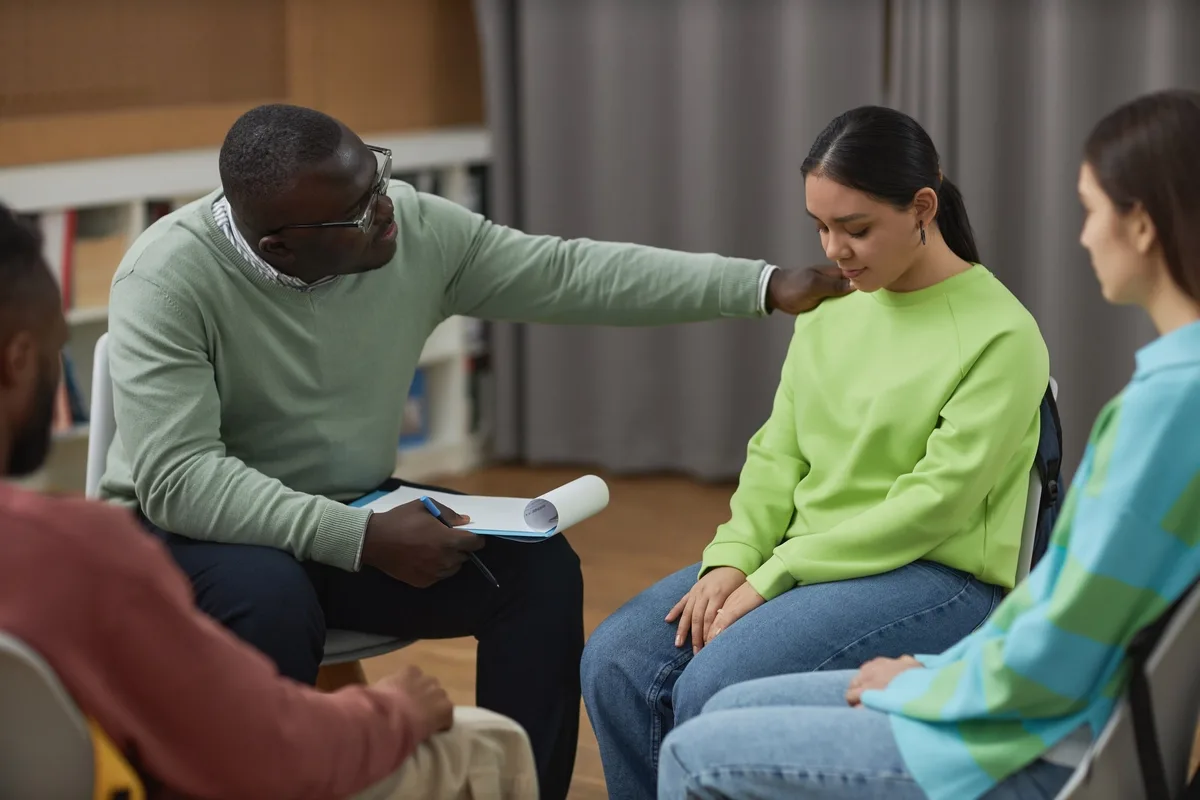24/7 Helpline:
(866) 899-111424/7 Helpline:
(866) 899-1114
Learn more about Ecstasy Rehab centers in Calvert City
















AA – Alcoholics Anonymous
AA – Alcoholics Anonymous is a private rehab located in Gilbertsville, Kentucky. AA – Alcoholics Ano...





































Other Insurance Options

BHS | Behavioral Health Systems

Coventry Health Care

Health Net

Oxford

Magellan

Health Choice

Highmark

Lucent

AllWell

ComPsych

Amerigroup

Private insurance

Humana

UnitedHealth Group

Regence

Excellus

MVP Healthcare

Aetna

Choice Care Network

American Behavioral